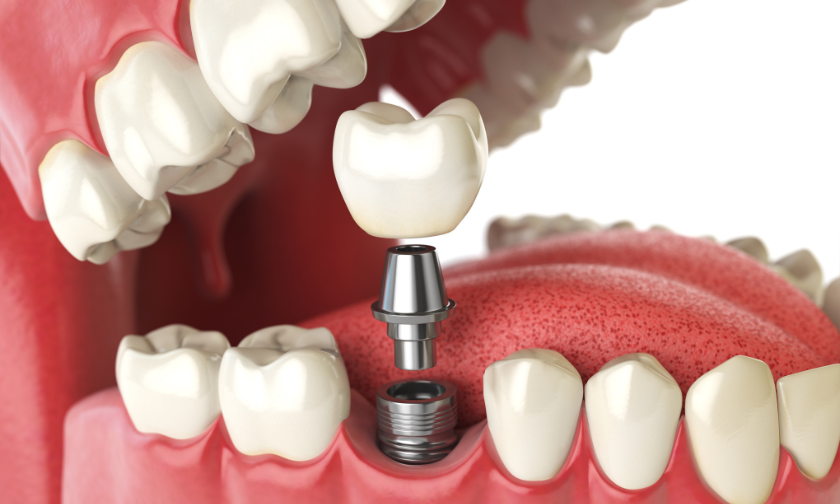
Dental implants are a popular and effective solution for replacing missing teeth. They offer a long-term, natural-looking option to restore functionality and improve a patient’s smile. However, for diabetic patients, the decision to get dental implants requires careful consideration. Diabetes can affect the healing process, making it essential to understand how the condition interacts with dental implant surgery. In this blog, we’ll explore what diabetic patients should consider before undergoing dental implant treatment.
Understanding the Impact of Diabetes on Oral Health
Diabetes, both type 1 and type 2, can have a significant impact on oral health. High blood sugar levels can weaken the body’s immune system, making it harder to fight infections. This can increase the risk of gum disease, tooth decay, and other oral health problems, complicating dental implant surgery.
In addition, people with diabetes often experience dry mouth, making oral tissues more vulnerable to infection. Gum disease or an untreated infection can affect the success of dental implants in Peachtree Corners, as the healing process may be delayed or impaired.
The Importance of Blood Sugar Control
One of the most critical factors for diabetic patients considering dental implants is ensuring that their blood sugar levels are well-controlled before undergoing surgery. Consistently high blood sugar levels can hinder the body’s healing ability and increase the risk of complications, such as infection.
Professionals recomend that diabetic patients have their blood sugar levels stabilized for several months before scheduling dental implant surgery. This may involve working closely with a healthcare provider to adjust medication, monitor glucose levels, and make lifestyle changes to achieve optimal blood sugar control.
Consultation with a Dental Professional
Before proceeding with dental implant treatment, it’s essential to have a comprehensive consultation with a dentist or oral surgeon who has experience working with diabetic patients. The dentist will evaluate the patient’s overall health, including the stability of their diabetes, and discuss potential risks and benefits.
During the consultation, the dentist may also take additional precautions. This includes performing a thorough oral examination to assess the health of the gums and bone structure. If there are any concerns about gum disease or bone loss, they may recommend treatments to address these issues before proceeding with dental implants.
The Role of Bone Density in Dental Implant Success
For a dental implant to be successful, the bone in the jaw must be healthy and dense enough to support the titanium implant. In some diabetic patients, particularly those with excessive blood sugar levels, bone health will not be in good shape, which can affect the stability of the implant.
If a diabetic patient has low bone density, the dentist may recommend a bone graft or other procedures to improve the bone structure before implant surgery. This can increase the chances of a successful implant placement and promote better healing.
Post-Operative Care and Monitoring
After the dental implants procedure, diabetic patients need to take extra care to ensure proper healing and reduce the risk of complications. Regular follow-up visits with the dentist will be essential to monitor the healing process and detect any signs of infection or implant failure early.
Maintaining good oral hygiene is also critical to prevent infections around the implant site. Diabetic patients may need to adjust their diet and lifestyle to support healing, including eating a balanced diet, avoiding smoking, and keeping blood sugar levels under control.
Can Diabetic Patients Get Dental Implants?
Dental implants can be an excellent option for diabetic patients, but careful planning and management are key to achieving successful outcomes. Ensure that blood sugar levels are well-controlled. By consulting with an experienced dental professional and following strict post-operative care instructions, diabetic patients can enjoy the benefits of dental implants while minimizing the risks.
Suppose you are a diabetic patient considering implants. In that case, it’s essential to have open communication with your healthcare providers and your dentist to create a treatment plan tailored to your specific needs. With proper precautions and care, dental implants can provide a long-lasting and functional solution for replacing missing teeth.


